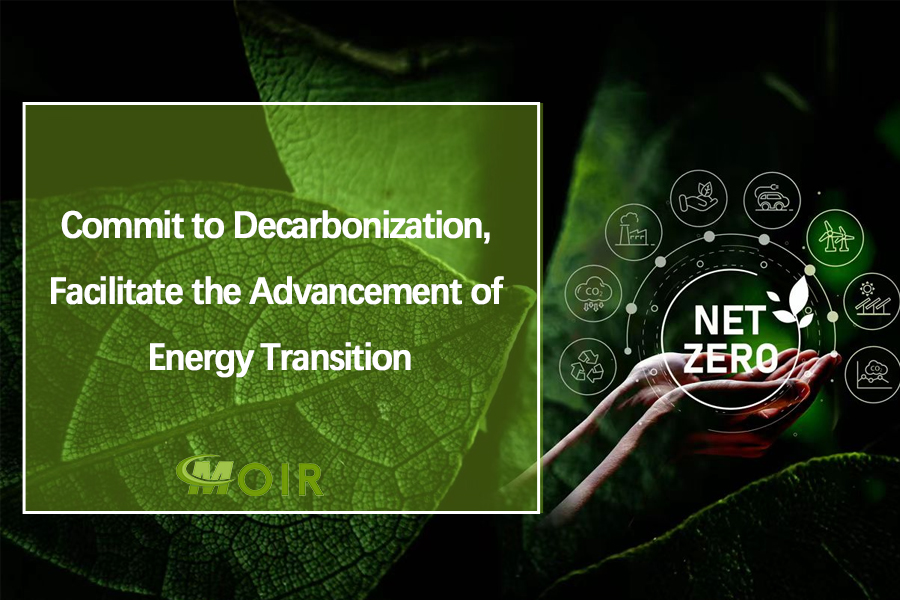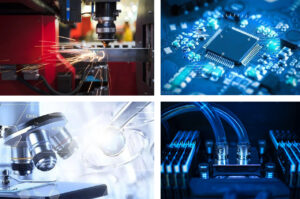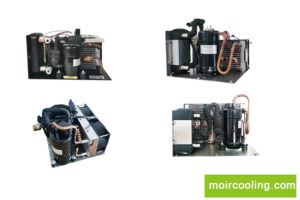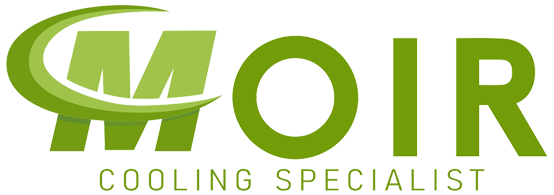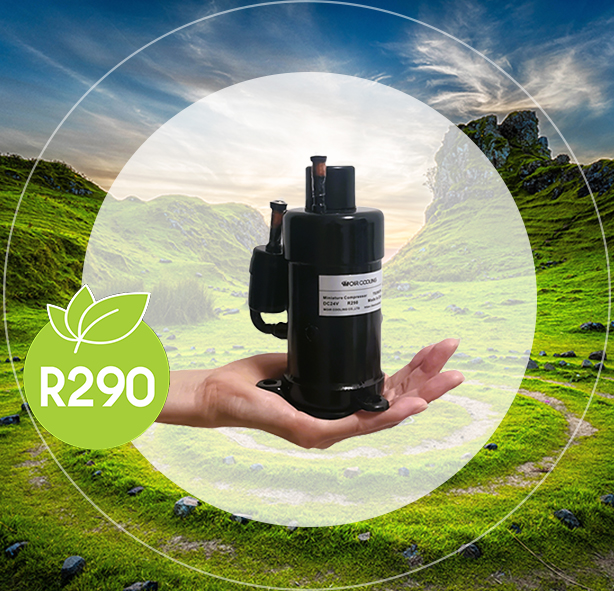The Net Zero Emissions 2050 is being adopted by many countries and is aiming to keep emissions and the removal of carbon dioxide in balance. To keep global warming to no more than 1.5°C, as called for in the Paris Agreement, emissions need to be reduced by 45% by 2030 and reach net zero by 2050.
Committing to Lowering GWP Well Ahead of Regulatory Obligations
The clock is ticking, and the stakes could not be higher. As the urgent demands for environmental sustainability, the refrigeration and air conditioning industry finds itself at a pivotal moment, compelled to embrace eco-friendly alternatives under the weight of increasingly stringent regulations. Moir Cooling (“MOIR”, “We”), a provider of compact cooling solutions, utilizing its know-how and innovation in cooling systems, we are closely following the markets in which we operate to understand the global shift towards low global warming potential (GWP) refrigerants for different geographical markets, especially within the European Union.
Natural propane(R290) is now widely adopted in the commercial refrigeration industry. Likewise, the heat pump industry is showing a distinct trend towards natural refrigerants, as evidenced by the growing number of manufacturers opting for R290 in their heat pump applications. It provides high efficiency and low GWP values, making it an excellent long-term alternative to synthetic refrigerants. The R290 requires only half the mass of traditional refrigerants like R-134a for the same cooling capacity. However, rigorous regulations govern the air transportation of propane-based systems, restricting them to a maximum content of 100 grams of propane. Beyond refrigerant choices, MOIR adheres to regulatory frameworks and embraces environmental stewardship, proactively surpassing the pinnacle of industry standards. By prioritizing sustainability and leveraging its proficiency in designing cooling systems that employ refrigerants with low GWP, MOIR delivers tailor-made solutions that cater to evolving demands, thereby nurturing a cleaner, more environmentally friendly future for all.

New Regulations, Standards and Incentives
These goals of Net Zero Emissions and investments in Clean Energy are creating new regulations, standards, and incentives across the world. Here are a few of the highlights from the regulations from different countries:
In the Americas, the American Innovation and Manufacturing (AIM) Act, empowers the Environmental Protection Agency (EPA) to regulate high Global Warming Potential (GWP) hydrofluorocarbon, (HFCs) R134a and R410A) by phasing down their production and consumption from January 1st, 2025. The Inflation Reduction Act provides significant funding for the AIM Act’s implementation, including $38.5 million for compliance and grants. Recently, the EPA announced $15 million in grants for projects focused on HFC reclaim and destruction technologies.
In Europe, in response to the European Climate Law and the Montreal Protocol, the European Commission reviewed and proposed updates to the 2014 F-gas Regulation. The new F-Gas Regulation came into force in 2024 increasing the phase-out of fluorinated gases and introducing new bans. A proposed PFAS restriction is being reviewed for The European Chemicals Agency (ECHA)statement 2026 and EU’s adoption of the restriction proposal in anticipated in 2027 or 2028.
Last but not least, in Asia-Pacific, Chinese chiller efficiency standard GB19577 is under revision and efficiency demand is predicted to increase 10-13%. APAC is following the Montreal/Kigali protocol for HFC phase-down with Japan and Australia in the lead.

In 2023 alone, we’ve seen synthetic refrigerants R410A and R134a being replaced with more environmentally friendly options including R600 or R290 depending on application and geography.
High-efficiency HVAC systems are being promoted by new efficiency standards in all main markets. Heat pumps have grown fast globally, quickly replacing fossil fuel boilers.
Embark on the journey towards natural refrigerants with MOIR
MOIR teams up with customers and suppliers to support decarbonization and develop compact refrigeration solutions to support the shift from harmful refrigerants to low GWP alternatives to safeguard the future planet, without compromising on performance and energy efficiency.
If you would like to know more about how we work with new refrigerants and how MOIR can help you in your applications with our compact cooling products, contact info@moircooling.com or visit https://moircooling.com/contact/
For further background, please refer to following resources:
